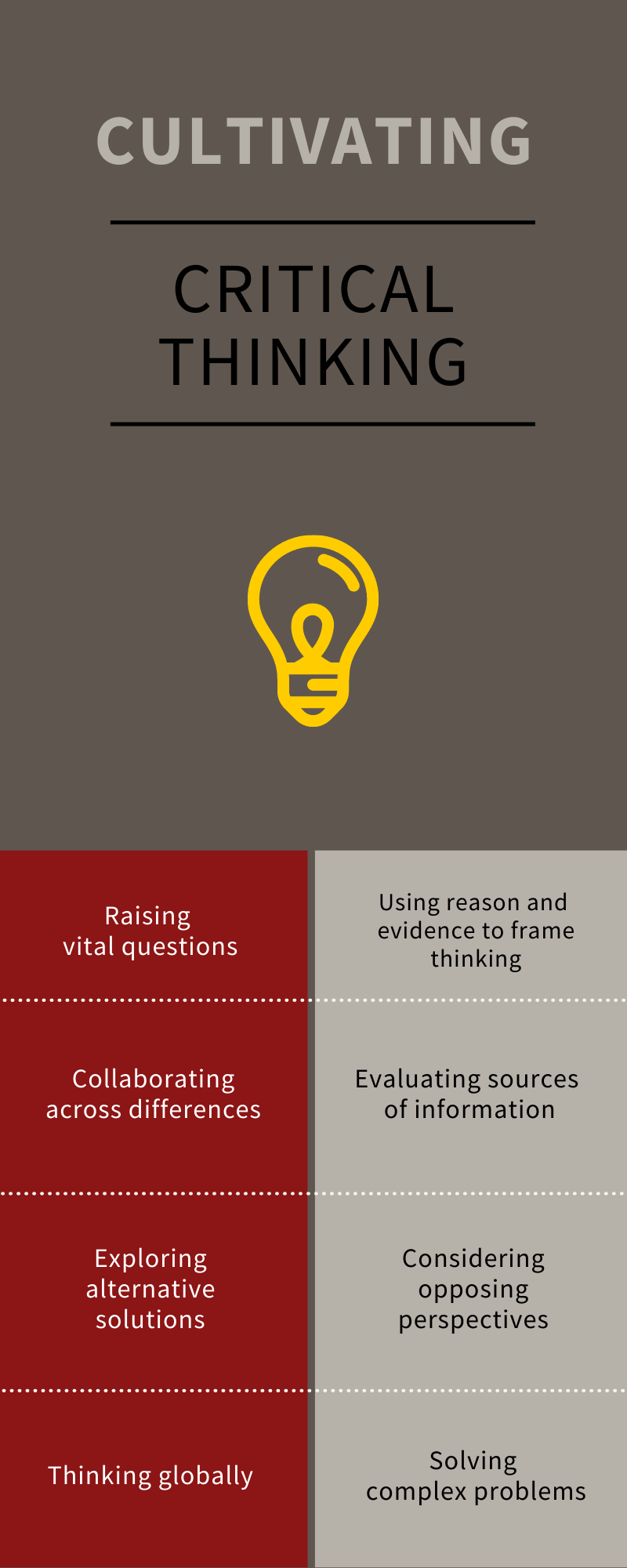Flipped Classroom
All Stanford OHS courses adopt the flipped classroom format. Students are initially assigned self-study material for class preparation, including reading assignments, recorded lectures, response papers, self-paced materials. The class preparation processes require students’ self-management skills, including independence and self-discipline. In class, students are expected to engage with teachers and peer students through interactive activities, including discussion and group work. These activities provide opportunities that help them to develop social and emotional skills necessary to engage, communicate, and work productively with others.
Online Tools
Our teachers make active use of online tools in class to support students. Some of the tools can be used to scaffold students for specific SEL skills. For instance, private text-chat might be used during ongoing class discussion with a particular student to facilitate their participation. Teacher’s private comment and advice on the spot removes psychological hurdles that may hinder student performance.
Homeroom
Our homeroom classes bring together students in similar age groups or with common interests together to provide an intentional space to be in relationship with each other, and foster community. In addition to a myriad of topics and current events discussed in homeroom, students also explore topics related to social emotional learning competencies such as growth mindset, resilience, grit and self-efficacy.
Critical Thinking
Stanford OHS curriculum promotes critical thinking, particularly in humanities subjects. Students are introduced to topics in which they might substantially disagree with each other. In the corresponding discussions, students will have opportunities to practice their SEL skills to engage in respectful communication, and demonstrate emotional intelligence.

Core Curriculum
![]()
"Our four-year interdisciplinary Philosophy Core sequence equips students with exceptional skills in careful reading, thoughtful evaluation of data, critical thinking, and oral and written argumentation. In moving through the sequence, students encounter basic questions about fundamental beliefs and principles, through exploration of topics such as what makes life meaningful; which ethical principles might govern one's actions and decisions throughout life; what (if anything) people could owe to each other, to other species, to future generations, or to the environment; what makes a healthy individual and a healthy society; and how to identify the key claims in arguments, articles, and other texts. Part of the process involves encountering significant differences of opinion between the authors students read, as well as between students themselves in discussion. Such experiences provide invaluable lessons in how to take seriously, while disagreeing respectfully with, substantial variations in opinions about core principles, fundamental beliefs, and a wide variety of difficult issues. All of this has a profound influence on individual growth and perspective."
- Jonathan Weil, Division Head of Core
